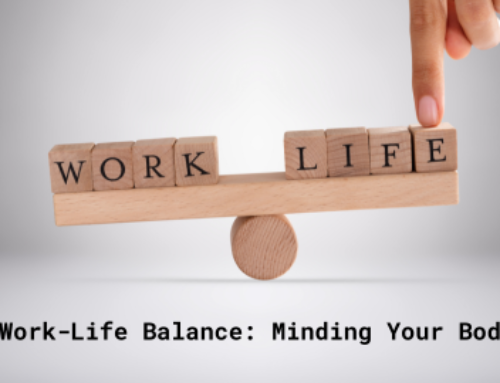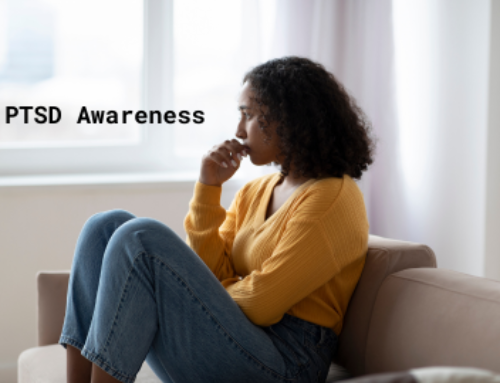In Plain Sight
Eating disorders aren’t always obvious. You could know someone with an eating disorder and never see it. They could be your friend, classmate, even your partner or child. How do you recognize signs of an eating disorder, how do you approach the person, and how do you help in a way that’s effective? We’ve got some counsel to share.
A Secret Pain
Eating disorders are often held secret and involve a large amount of shame. The person may not even feel able to admit to having a problem or seek help, as eating disorders are frequently linked to trauma and comorbid with other mental disorders. Sufferers may say they’re just on a diet or that they already ate, which may be true and confuses the issue further.
Some Signs of an Eating Disorder
- Refusing food, whether this is a new behavior or has been going on a while. Sometimes the sufferer doesn’t want to eat around people, even at regular times.
- Being very particular about food, especially in odd ways, or rejecting entire food groups without a medical reason such as an allergy.
- Intense body insecurity, which may involve making negative comments about themselves, not wanting to wear clothes that show their shape or certain areas they don’t like.
- Being secretive about the food they consume, especially if they have an overeating or bingeing disorder. They may prefer to eat when no one is around, keep hidden stashes, or eat outside the home frequently to avoid being seen by those they know.
- Changes in appearance and physical condition. This can involve weight loss, weight gain, weight fluctuation, tiredness/lack of energy, feeling cold, or dry hair and skin.
How You Can Help
- Never make them feel guilty or approach them as if you’ve caught them doing something wrong. Shame and guilt are already there in large quantities, and more will not help. Never embarrass them, especially not in front of others.
- Make sure they know that you love them and want them to be well. They need to know that they are valued, that their pain is noticed, and that they are good and worthy without the image of perfection they are punishing themselves to try and achieve.
- Use facts. Don’t speculate about anything. Tell them only what you’ve noticed, for instance, “I’m worried because you’re throwing up a lot,” or, “You’re barely eating, and I know you don’t feel well.”
- Offer to help in constructive ways. Do this only if you are willing to put in the effort and know what efforts you can put in and what you cannot. This could mean taking them to medical appointments or not keeping certain trigger foods around.
Reach Out
Rochester Holistic Psychiatry exists to help people live happier, healthier lives. If you or a loved one is suffering from an eating disorder, contact us today. You can also call or text the National Eating Disorders Association’s helpline, at (800) 931-2237. We encourage seeing a general physician for evaluation and connections to specialists like nutritionists, therapists, and more.





